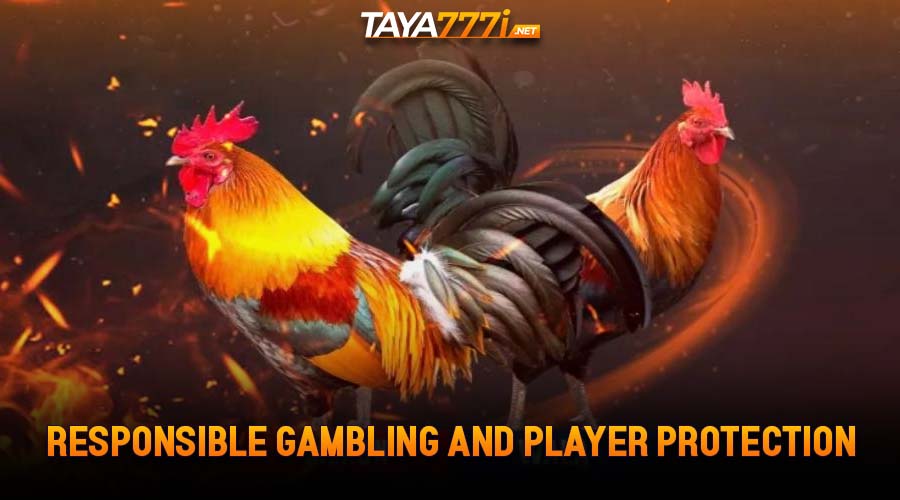Online sabong, the digital version of cockfighting, has become a hot topic in the Philippines. As technology advances, traditional practices like sabong have found their way into the online realm, raising questions about legality and regulation. This article examines the current legal status of online sabong in the Philippines and its complex history.
The Rise and Fall of E-Sabong
E-sabong, short for electronic sabong, gained significant popularity in the Philippines during the COVID-19 pandemic. With physical cockpits closed due to restrictions, many enthusiasts turned to online platforms to continue their betting activities. However, this rapid growth came with unforeseen consequences.
In May 2022, then-President Rodrigo Duterte ordered the termination of e-sabong operations nationwide. This decision came after reports of numerous issues associated with the activity, including:
- The disappearance of 34 sabungeros (cockfighting enthusiasts)
- Rampant kidnappings linked to the sport
- Allegations of corruption and estafa (fraud)
- Concerns about illegal gambling operations
The ban on e-sabong continued under the administration of President Ferdinand Marcos Jr., who issued Executive Order (EO) No. 9 to maintain the suspension of all e-sabong operations.

Current Legal Status of Online Sabong
As of 2024, online sabong remains illegal in the Philippines. The ban enacted by EO No. 9 covers:
- Live-streaming or broadcasting of cockfights outside of licensed cockpits
- Online or remote betting on live sabong matches, events, or activities streamed online, regardless of the betting platform’s location
It’s important to note that while online sabong is prohibited, traditional sabong in physical arenas remains legal and licensed to operate. This distinction highlights the government’s focus on regulating the digital aspects of the sport rather than the practice itself.
Enforcement and Consequences
The Philippine government has taken a firm stance against online sabong operations. Individuals or organizations found engaging in e-sabong activities may face legal consequences, including prosecution for illegal gambling.
Law enforcement agencies, including the Philippine National Police (PNP), have been actively working to shut down illegal e-sabong operations. Reports indicate that hundreds of individuals have been arrested for participating in or organizing unlawful online cockfighting activities.

The Economic Impact of the E-Sabong Ban
Prior to its suspension, e-sabong was a significant source of revenue for the Philippine government. According to reports, the industry paid substantial monthly taxes to the Philippine Amusement and Gaming Corporation (PAGCOR).
| Year | Monthly Tax to PAGCOR |
| Pre-suspension (2022) | P135 million |
The loss of this revenue stream has prompted discussions about potential alternatives to recoup the financial benefits while addressing the social issues associated with online sabong.
Ongoing Debates and Future Prospects
The legality of online sabong remains a contentious issue in the Philippines. While the government maintains its ban on e-sabong, there are ongoing debates about its future:
- Some industry stakeholders argue for the reintroduction of regulated e-sabong to capture tax revenues and combat illegal operations
- Critics emphasize the need to address social issues and protect vulnerable individuals from gambling addiction
- Lawmakers are considering new legislation to strengthen regulations on online gambling activities
As of now, there is no clear timeline for the potential return of legal online sabong in the Philippines. The government continues to prioritize addressing the negative impacts associated with the activity before considering any changes to its legal status.

The Role of PAGCOR in Online Gambling Regulation
The Philippine Amusement and Gaming Corporation (PAGCOR) plays a crucial role in regulating gambling activities in the country. While e-sabong is currently banned, PAGCOR maintains oversight of other forms of online gambling:
- Philippine Offshore Gaming Operators (POGOs)
- Licensed online casinos
- Other forms of electronic gaming
PAGCOR’s involvement in regulating these sectors demonstrates the government’s capacity to oversee online gambling activities when properly authorized and regulated.
Public Opinion and Social Impact
The ban on online sabong has generated mixed reactions among Filipinos:
- Many support the government’s decision, citing concerns about gambling addiction and social problems
- Others argue that the ban has pushed e-sabong underground, making it harder to regulate and potentially more dangerous
- Some advocate for a middle ground, proposing strict regulations and safeguards rather than an outright ban
The ongoing debate reflects the complex relationship between traditional practices, modern technology, and social responsibility in the Philippines.
Legal Alternatives to Online Sabong

While online sabong remains illegal, there are legal alternatives for those interested in online gambling in the Philippines:
- Licensed online casinos operated by PAGCOR
- Sports betting through authorized platforms
- Online lottery games
These options provide a regulated environment for online gambling enthusiasts while ensuring compliance with Philippine law.
International Perspective on Online Cockfighting
The Philippines is not alone in grappling with the legality of online cockfighting. Many countries have banned or heavily restricted the practice, citing animal welfare concerns and gambling-related issues. However, some regions continue to allow regulated forms of online betting on cockfights.
| Country/Region | Online Cockfighting Status |
| United States | Illegal in most states |
| Puerto Rico | Legal and regulated |
| Mexico | Legal in some areas |
The global trend leans towards stricter regulation or outright bans on online cockfighting, reflecting growing concerns about animal rights and the social impacts of gambling.
Responsible Gambling and Player Protection

While online sabong remains illegal, the broader conversation about online gambling in the Philippines includes a focus on responsible gambling practices. PAGCOR and licensed operators implement various measures to protect players, including:
- Self-exclusion programs
- Age verification checks
- Betting limits and cooling-off periods
- Resources for problem gambling support
These safeguards aim to create a safer gambling environment and mitigate the potential negative impacts of online betting activities.
The Future of Online Gambling in the Philippines
As technology continues to evolve, the landscape of online gambling in the Philippines is likely to change. While online sabong remains prohibited, the government and regulatory bodies are working to adapt to new challenges and opportunities in the digital gambling space.
For those interested in legal online gambling options, platforms like Taya777 offer a secure and regulated environment for various betting activities. These licensed operators provide a way to enjoy online gaming while complying with Philippine law and benefiting from player protection measures.
As the debate around online sabong and other forms of digital gambling continues, it’s essential for players to stay informed about the legal status of different activities and choose reputable, licensed platforms for their online betting experiences.

